While many are familiar with the phrase “call before you dig,” when it comes to underground utility infrastructure, it’s about “knowing before you dig,” states the president of Own Your Safety Inc., an organization that offers Utility Infrastructure Awareness (UIA) education and training for the ground disturbance industry.
“It’s knowing how to interpret those locate reports and those marks, understanding your site, your surroundings and what is buried in the ground even before you call,” said Grant Piraine.
“Do not put your life in someone else’s hands, take ownership of your own safety and understand what you’re doing, not just because you have been told by your employer to follow a set of rules but because you want to, for yourself, your family, your employer, the general public and the people around you.”
Piraine, who has been in the industry since the 1990s, started his career doing excavation and drilling work.
“My whole career has been trial and error,” said Piraine. “I hit a lot of gas and electrical lines and luckily I didn’t get killed or seriously injured. But that’s not the way you learn in this industry. You’ve got to be taught and you need to have a mentor system in place in your company and a good set of policies and procedures to be able to follow. I’m finding that doesn’t exist in a lot of the construction industry. My goal is to educate those young people coming up so they don’t make the same mistakes I made.”
Piraine owned a private locate company until 2016 when he decided to sell it and focus on getting his safety course, which was previously part of his locate company’s safety training, out to the masses. He saw a need in the industry for a safety course dedicated to utility infrastructure awareness because there is not a lot of information available on what a private locate company can and can’t do in Ontario, Piraine explained.
The more people know, the less chance that there is going to be an incident or a damage or a strike
— Grant Piraine
Own Your Safety Inc.
Most people don’t realize there is a tremendous amount of risk in the locate industry, he stated. The goal is to educate and train everyone inovlved in excavation activities. Management and field staff need to understand the complex utility locates process from beginning to end to avoid consequences such as fines and jail time, he added.
“The course goes through what you need to know throughout the entire excavation process,” he said, adding this includes “where you are within the distribution network, what kind of locates you need to obtain and what to do with those locates, how to read those locates, how to respect the marks, how to interpret what has been given to you. If a locator gives you a piece of paper and says ‘you’re all clear, here’s your locate for your work area,’ do you know what to do with that piece of paper? How do I manage that paper? What is the risk that comes along with that paper?”
There are a lot of different people involved in an excavation project and everyone has a role, Piraine pointed out. The key to reducing incidents is to make sure everyone’s role is clearly defined.
“The more people know, the less chance that there is going to be an incident or a damage or a strike,” he said.
Piraine has been an active member within the Ontario Regional Common Ground Alliance (ORCGA) since 2005 and co-author of the ORCGA Damage Prevention Technician (DPT) Training Manual and former DPT course trainer.
The 2017 data from the Damage Information Reporting Tool (DIRT) issued by the ORGCA shows there were 5,149 strikes in Ontario.
“Sixty-two per cent of those had locates,” said Piraine. “Why did that 62 per cent still have damage? Because they didn’t know before they dug, they didn’t know how to interpret the marks, they didn’t know how to respect the marks, they didn’t know how to read the paperwork. My course is targeted to educate that 62 per cent.”
Since many companies cannot afford to have their staff sit in a classroom for hours instead of being on the jobsite, Piraine has made the program available online. It is anticipated to be released this summer.


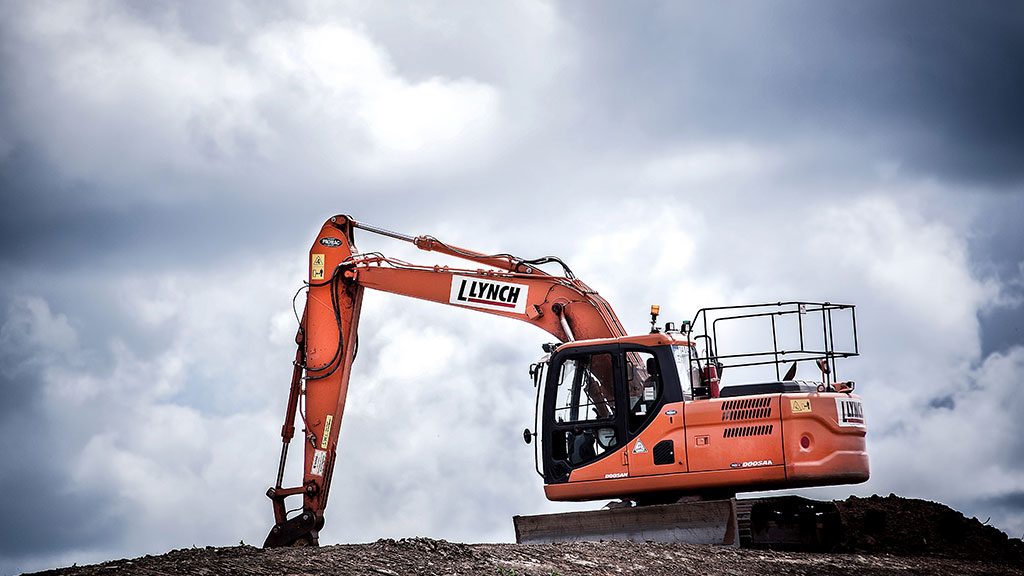
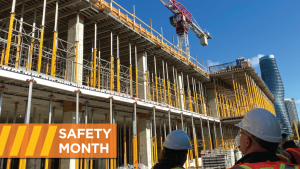
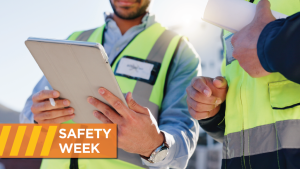
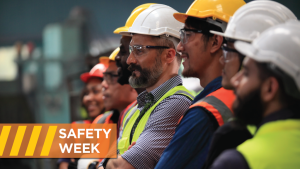

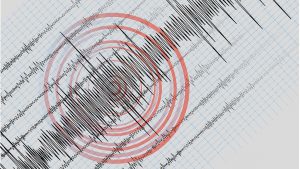

Recent Comments
comments for this post are closed